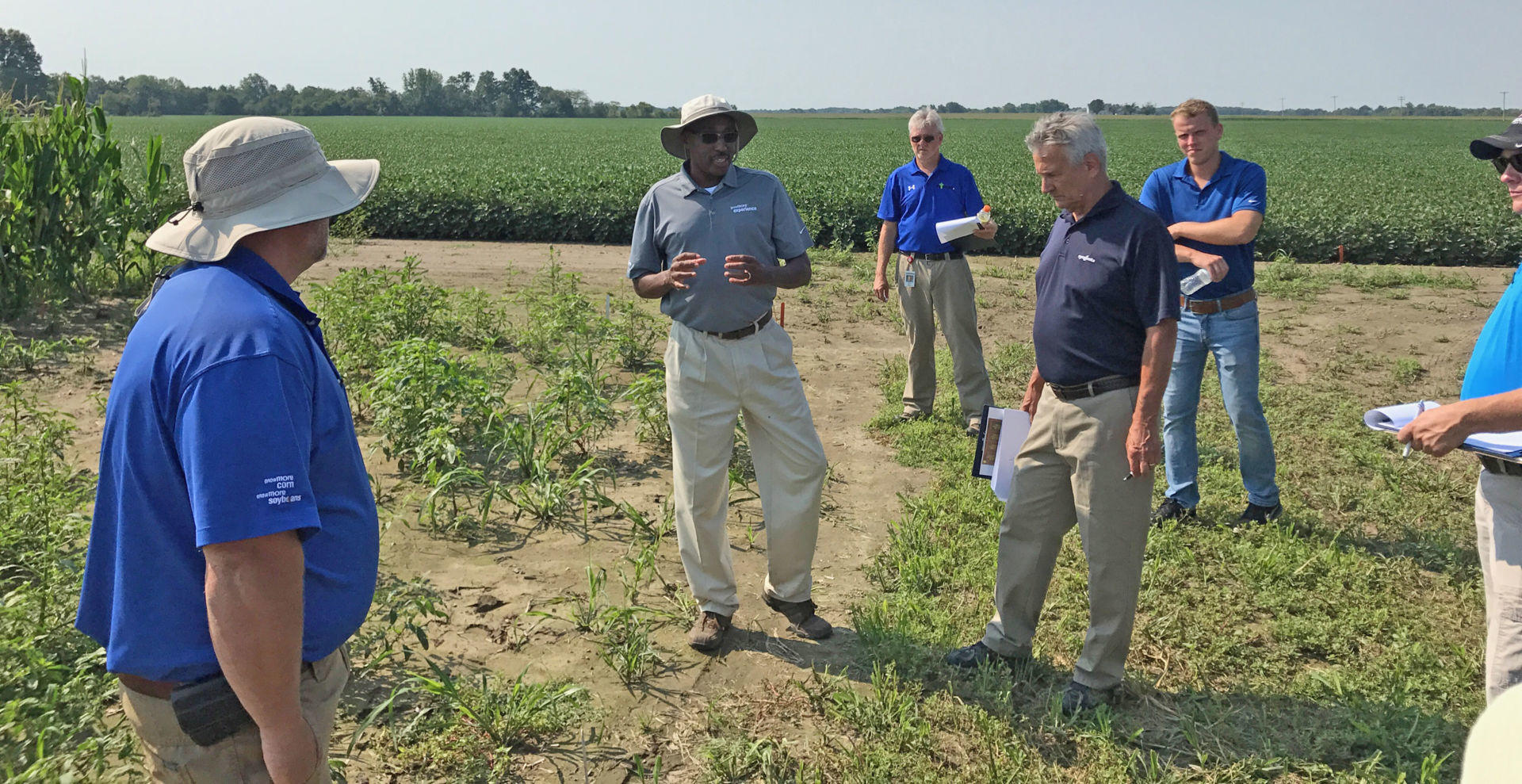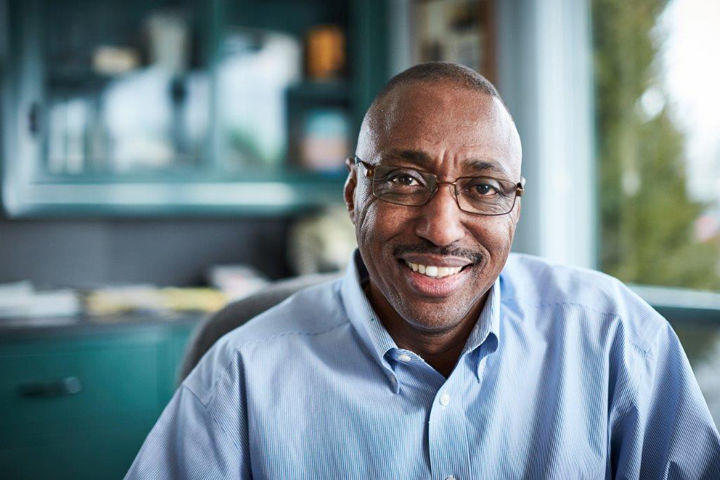Forrest “Leon” Hunter is a 1984 agricultural education graduate of Fort Valley State College (now University). For the past 33 years, the south Georgia native has worked for Syngenta Corporation, a worldwide agricultural conglomerate known for its work with seed products and crop production.
The Fort Valley alumnus took time out of his schedule to answer a few questions about his job, how FVSU prepared him for a career and the importance of agriculture.
Where are you from, and were you raised on a farm? “I am a native of Whigham, Georgia. and grew up on a family farm that raised an assortment of crops such as peanuts, corn, okra, squash and livestock. By working on the farm, I understood that everything we do is predicated on agriculture.”
What is your position at Syngenta Corporation, and what are your main responsibilities? “I am an agronomy service manager for the East Heartland Commercial Unit. This commercial unit is comprised of the states of Missouri, Illinois, Indiana, Michigan, Ohio and Wisconsin. I lead a team of 10 agronomists who train, educate and advise retailers, farmers and sales personnel on the proper stewardship of Syngenta’s portfolio.”
What influenced you to enroll at Fort Valley State? “Being raised in an agricultural setting and the fact that a number of my relatives attended FVSU, including two uncles and a cousin that majored in agricultural education.” Altogether, more than a dozen members of the Hunter family, spanning five decades, earned undergraduate degrees from Fort Valley State.
In your opinion, how did you benefit from the small class sizes at FVSU? “The school of agriculture was small enough that it allowed me to get practical hands-on experience. In addition to the morals and ethics instilled in me by my parents, Fort Valley State’s faculty and staff taught me that I could accomplish any goal I set for myself and strive to be the best I could be.”
Did you join or take part in any organizations during your undergraduate days at FVSU? “I pledged Phi Beta Sigma Fraternity, served in the student government association as business manager and president, served as a member of the school’s debate team and was a member of FVSC’s collegiate Future Farmers of America (FFA) chapter. I also earned academic awards at the annual honors convocation including the American Farmer Degree.”

Did you participate in any internships before graduation? “As an undergraduate, I had two summer internships. The first was with the Soil and Conservation Service (now known as the Natural Resources Conservation Service {NRCS}) where I worked in the Bainbridge office. The second summer I worked in Cairo as part of the University of Georgia’s Extension Service.”
What would you tell a prospective student if they asked you about employment possibilities in the agricultural field? “The (agriculture) industry provides endless, exciting and rewarding professional opportunities. Working hard and smart as well as seeking internships will enhance employment prospects.”
Can you provide a brief synopsis of your work history? “After graduating from Fort Valley State, I started working for the company (then known as Ciba-Geigy) as a sales representative in Terre Haute, Indiana. Two years later, I received a promotion to technical service representative and product development specialist, serving in that post for more than 20 years, covering several Midwestern states. I lead the Crop Enhancement Team in the same area for more than three years, and was district sales manager in southern Iowa and Missouri for three years before being assigned to my current role.”
What role does agriculture play in keeping earth’s population healthy? “I think it is important that people understand that without farming or agriculture, the world would starve to death.” Statistics show that each American farmer can feed 155 people worldwide, and by 2044 they will be counted on to feed a projected population of 9 billion people.
Hunter and his wife, Sabrina, have two children, a son attending Washington University in St. Louis and a daughter who is a junior in high school.

